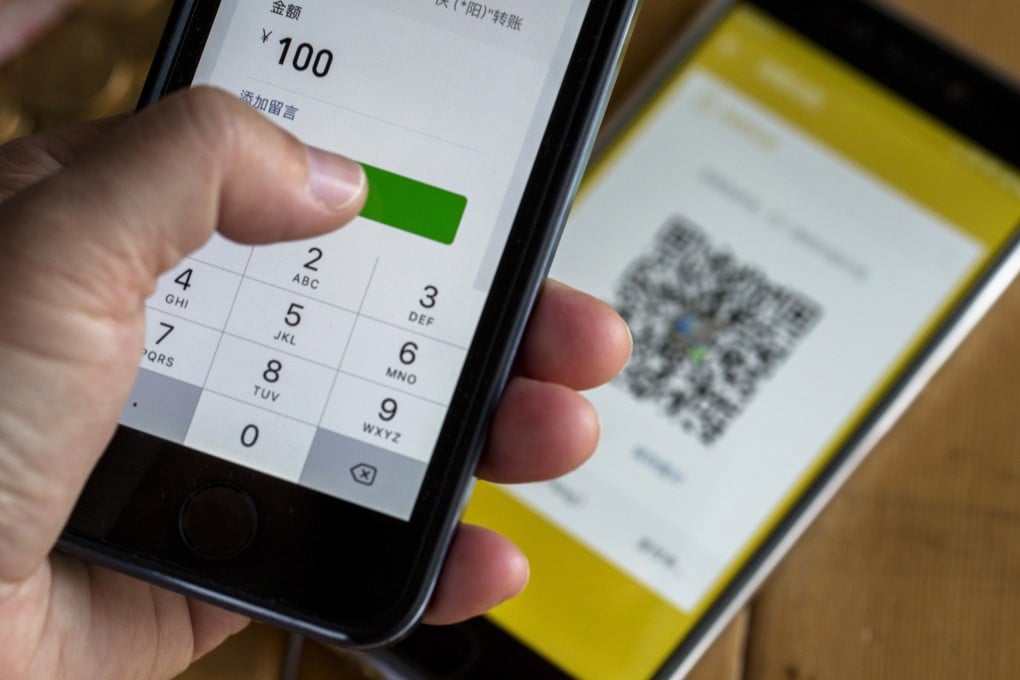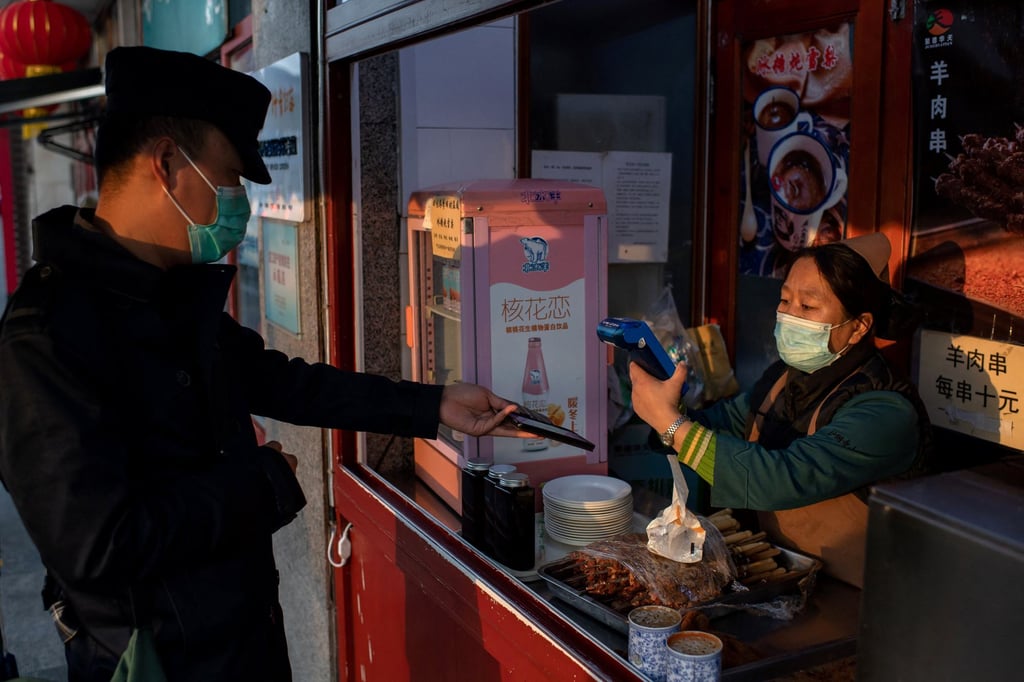Best apps for foreign visitors in China and which are useless – like Google Maps
- WeChat and Alipay might both have made it easier for foreigners to pay for things in China recently, but visitors still face many hurdles to a successful trip
- Some of the other apps you’re advised to download: Amap, Baidu Translate, DiDi, 12306, Trip – and don’t forget that VPN

Ten years ago, tourists visiting China would have been struck by the cash-based nature of its society. But the country has since gone full swing, leapfrogging the use of credit and debit cards to run on a system based almost exclusively on phones.
However, a big problem for visitors had been that it was difficult to link foreign bank cards to the ubiquitous WeChat and Alipay QR payment systems.
That was, until recently. In July, both WeChat and Alipay began allowing users to link international cards to their payment systems. (Alipay is operated by Alibaba, which owns the Post.)
While this is a welcome development, what other hurdles do overseas visitors face when visiting China, and what apps are needed for a successful trip?

China was off limits to foreign tourists for three years during the pandemic and only began reissuing tourist visas in March. Visitor numbers remain low, registering just a quarter of 2019 levels up to the end of May, according to government figures quoted by American think tank the Council on Foreign Relations.